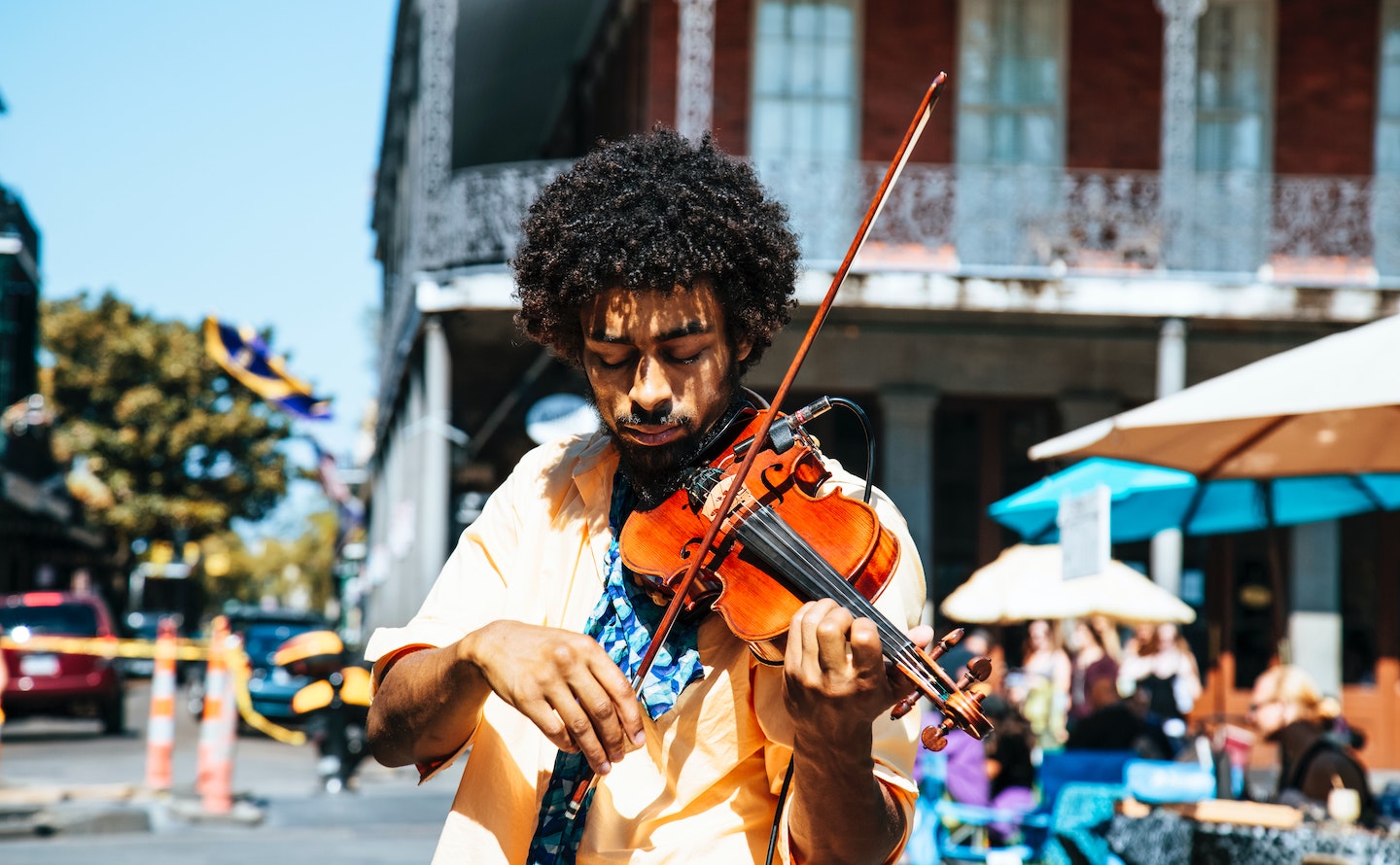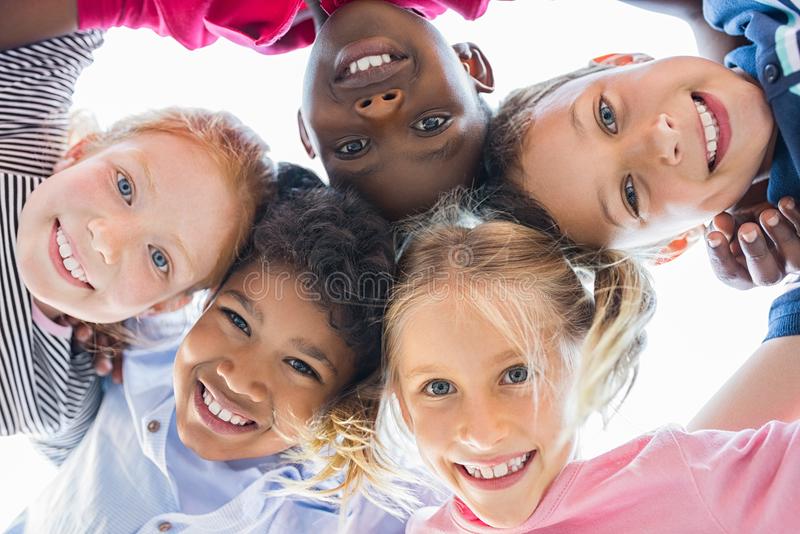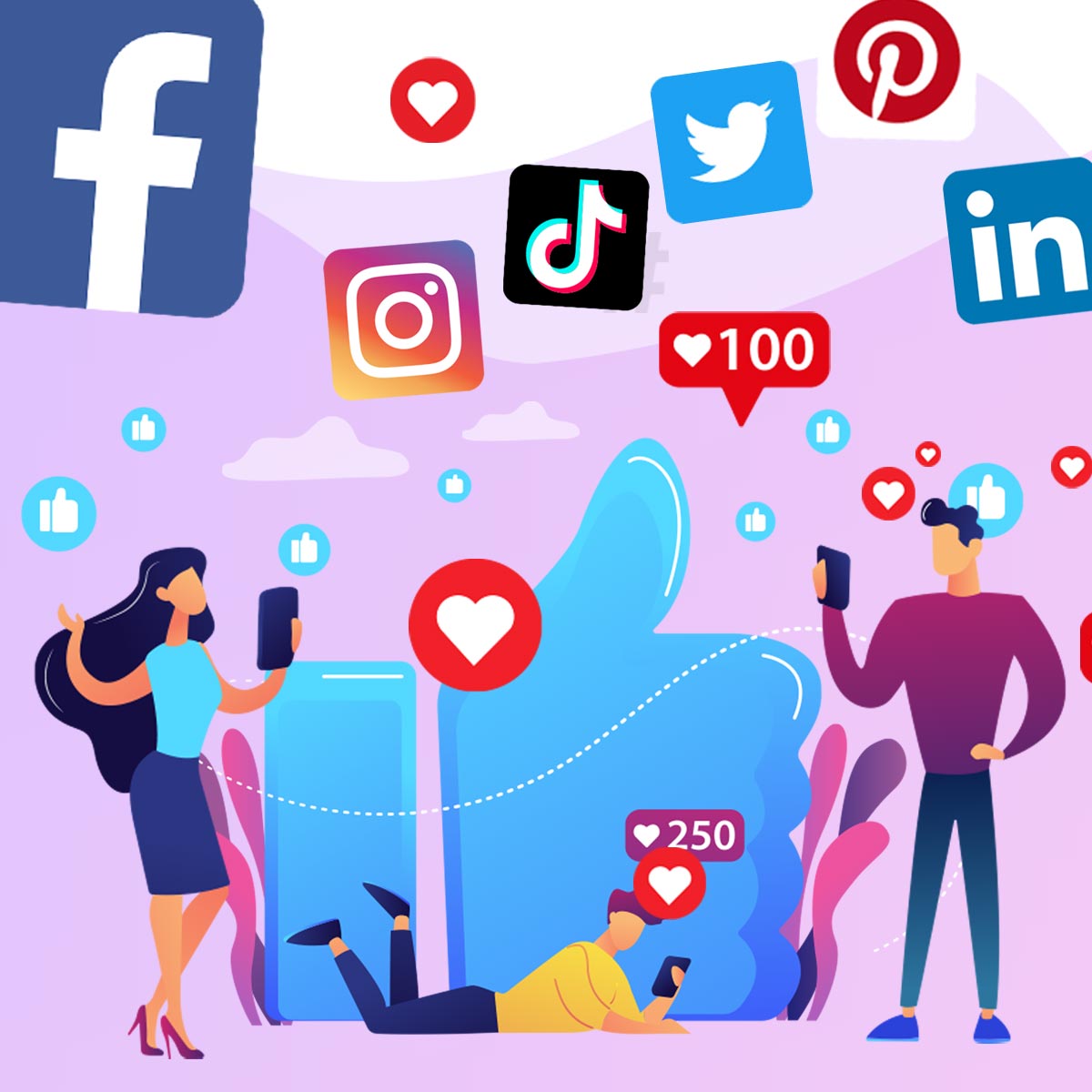Music has played a significant role in shaping culture and identity throughout human history. It has the power to evoke emotions, inspire change, and create a sense of community. In this article, we will explore the role of music in shaping culture and identity.
The Historical Role of Music in Shaping Culture and Identity
Music has been a vital part of human culture for thousands of years. Throughout history, music has been used to express cultural identity and to reinforce cultural values and traditions. For example, traditional music in different parts of the world reflects unique cultural practices and beliefs. Music has also been used as a tool for social movements and political change, as seen in protest songs throughout history.
The Role of Music in Modern Culture
In modern culture, music continues to play a significant role in shaping cultural norms and values. Popular music, in particular, has a powerful influence on young people and can help to shape their cultural identity. Music has the ability to reflect the cultural trends and attitudes of a particular era, and it can also challenge existing cultural norms and promote social change.
Music as a Tool for Cultural Understanding
Music has the ability to promote cultural understanding and bridge cultural divides. Through music, people from different cultural backgrounds can come together and share their experiences and perspectives. Music festivals and concerts are excellent examples of how music can bring people together from all over the world and promote cross-cultural dialogue.
Music and Identity Formation
Music has the power to shape individual and group identities. People often use music as a way to express their individuality and to create a sense of belonging and community. Music can also reinforce cultural identities, such as through traditional music that reflects the values and traditions of a particular culture.
The Power of Music
Music has a profound impact on human emotions and physiology. It has the power to evoke strong emotions and can help to reduce stress and anxiety. Music can also promote physical healing and has been used as a form of therapy for people with various conditions. The power of music to unite people and promote social change cannot be overstated.
In conclusion, music plays a critical role in shaping culture and identity. It reflects cultural values and traditions, promotes cross-cultural dialogue, and has the ability to inspire social change. As we continue to explore and appreciate the power of music, we can better understand the ways in which it shapes our cultural identity and influences our lives.





